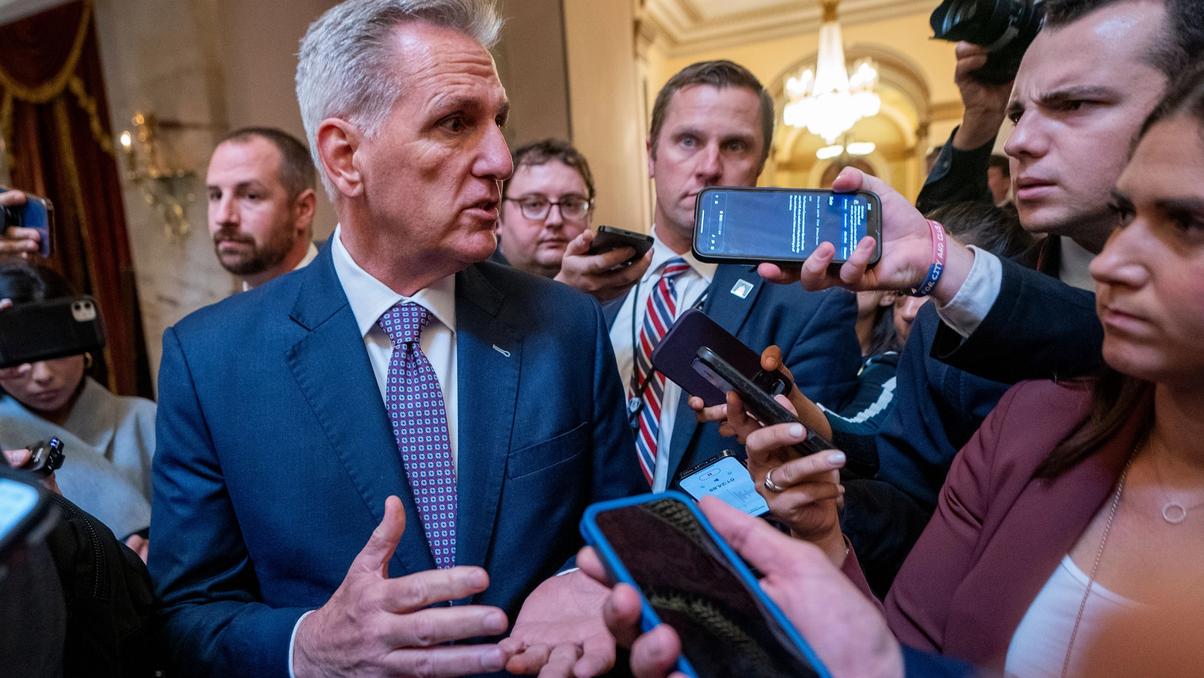How Worried Should You Be About A Possible Government Shutdown?
A Sept. 30 deadline is looming. Here's what it means. Shutterstock
Shutterstock
News that is entertaining to read
Subscribe for free to get more stories like this directly to your inboxIt’s become a common predicament in modern American politics. There’s a budget dispute on Capitol Hill and time is running out to settle it before a shutdown commences.
But what is a shutdown exactly? One side says it’s really no big deal and the other insists life would be disrupted for millions of Americans.
In reality, the truth is somewhere in the middle … but it’s definitely worth considering the ramifications ahead of the Sept. 30 deadline.
What it would mean
It’s true that most crucial functions of the federal government would continue even during a shutdown, which is good news for those receiving payments from Medicaid, Medicare, or Social Security. The U.S. Postal Service would still be delivering mail during this period too.
On the other hand, many folks might be impacted, including:
- Government employees and contractors who could be expected to work without pay
- Parents who depend on access to the Head Start program
- Anyone looking forward to a trip to any of America’s national parks
- Americans interested in clinical health trials or essential government inspections
And it’s worth noting that, despite the impact a shutdown would have on all of these people, the lawmakers who failed to keep the government open would continue receiving their six-figure salaries.
Learning from history
This has all happened before, and perhaps the best way to prepare for a future shutdown is by taking a closer look at the last one. It was in 2018 and lasted for 35 days.
Many government workers either left their jobs or called out of work because of the conditions.
In addition to frustrations like long lines at airports due to TSA shortages, an estimated $3 billion in economic activity was essentially gone without a trace when the shutdown finally ended.
 Why Is The Aging Voyager 1 Probe Sending Back Incoherent Communications?
It's been speaking gibberish for a few months and officials are concerned.
Why Is The Aging Voyager 1 Probe Sending Back Incoherent Communications?
It's been speaking gibberish for a few months and officials are concerned. One Woman’s Massive Donation Is Wiping Out Tuition At This Medical School
Her inheritance came with the instruction to do "whatever you think is right."
One Woman’s Massive Donation Is Wiping Out Tuition At This Medical School
Her inheritance came with the instruction to do "whatever you think is right." Woman’s Pets Will Inherit Her Multimillion-Dollar Fortune, Not Her Kids
It's not the first time four-legged heirs were named in a will.
Woman’s Pets Will Inherit Her Multimillion-Dollar Fortune, Not Her Kids
It's not the first time four-legged heirs were named in a will.